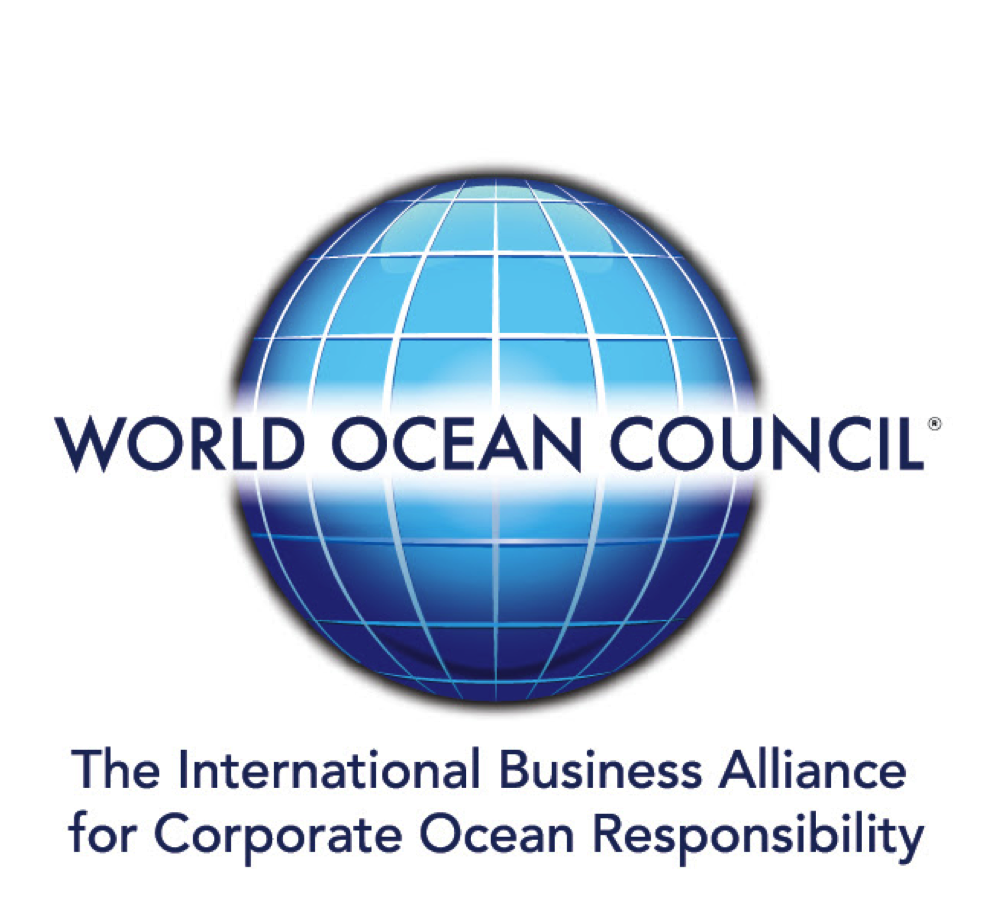The WOC is the only international organization bringing together leaders from a wide range of ocean industries to collaborate on achieving the goal of a healthy, productive global ocean and its sustainable development and use and stewardship by a responsible Ocean Business Community.
What We Do
The WOC facilitates collaboration among ocean industries and facilitates collaboration among ocean industries and coordinates engagement of the relevant stakeholders on cross-sectoral issues affecting the future of the ocean.
The WOC brings together the diverse Ocean Business Community to develop Ocean Platforms addressing ocean sustainability issues.
In particular the WOC is working to:- Build, maintain and resource the WOC as the world’s international, cross sectoral leadership alliance where Members collaborate on advancing the responsible use of marine space and resources, address the risk to industry access and operations and create competitive advantages by proactively tackling current and emerging environmental challenges.
- Reduce ocean use conflicts by facilitating interaction and collaboration among sectors and fostering cross industry information sharing, dialogue and constructive relations building.
- Assist the Ocean Business Community in improving environmental performance through continuous development and sharing of best practices and standards.
- Coordinate collaborative efforts to develop science-based solutions to common environmental challenges that cannot be solved by one company or industry alone, such as biofouling and invasive species, marine sound, marine mammal impacts, marine debris, and others.
- Develop ocean industry leadership alliances in priority regions.(Arctic, Caribbean, high seas etc)
- Foster and facilitate industry efforts to collect and share oceanic, atmospheric and environmental information with the science community.
- Address the Ocean Business Community’s needs and priorities on present and emerging ocean policy and planning issues.
- Develop working relationships and communications with key NGOs, government agencies, intergovernmental bodies, scientific entities and other ocean organizations.
- Effectively engage stakeholders in ocean policy and planning by coordinating and improving the Ocean Business Community’s input to multi-stakeholder negotiations on global ocean sustainable development issues such as marine protected areas, marine spatial planning etc.
- Increase the flow of information regarding the Ocean Business Community’s efforts and progress on sustainability and in addressing the media and the public’s environmental concerns.
Testimonials
A growing number of companies,intergovernmental organisations and associations share the WOC’s vision of a healthy and productive ocean and its sustainable use and stewardship by responsible businesses. Here is what they say about our endeavours:

